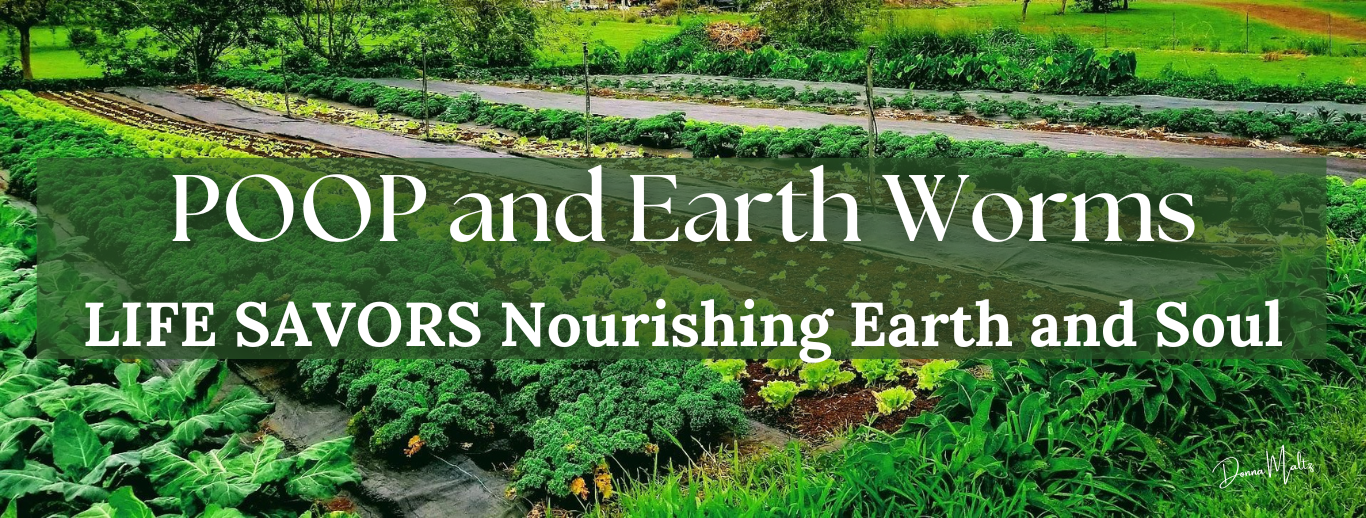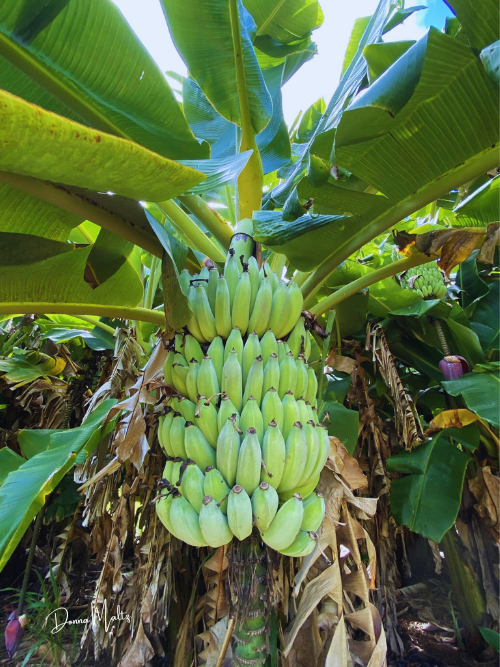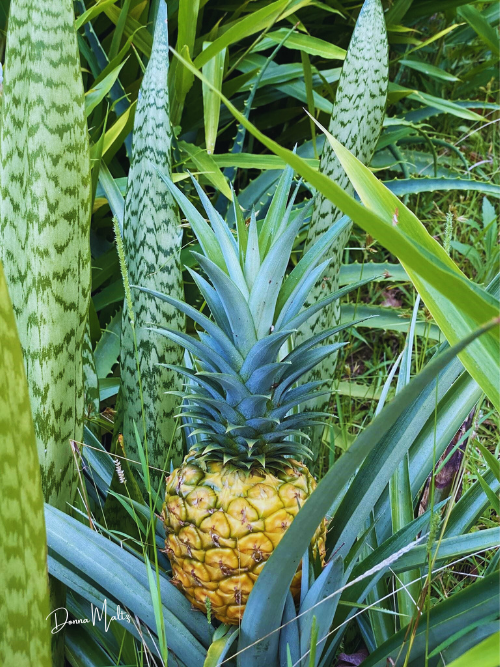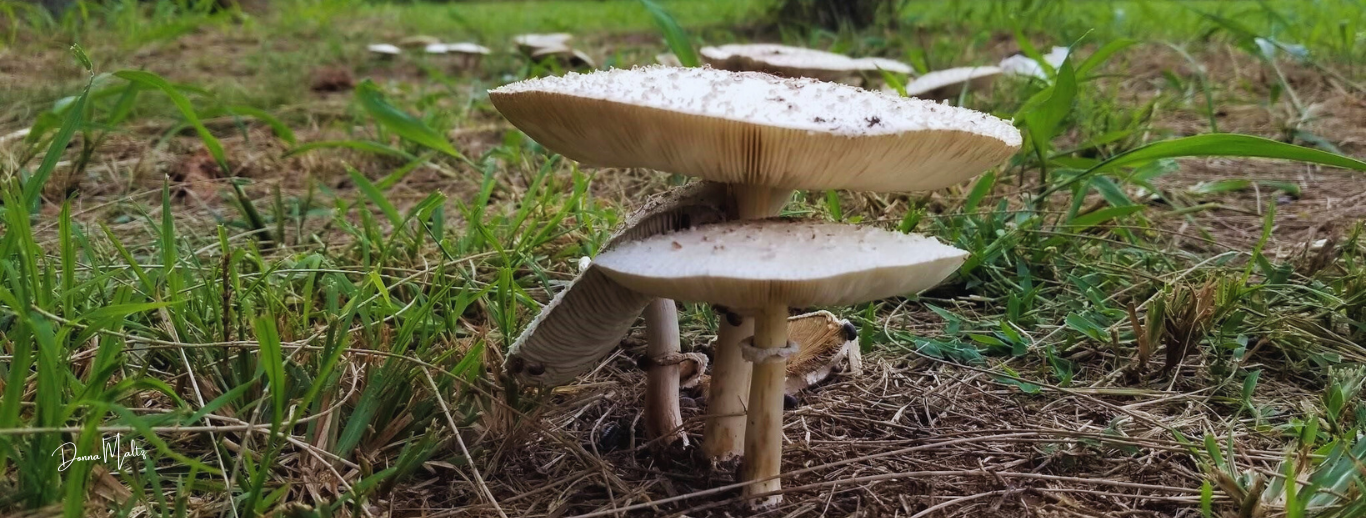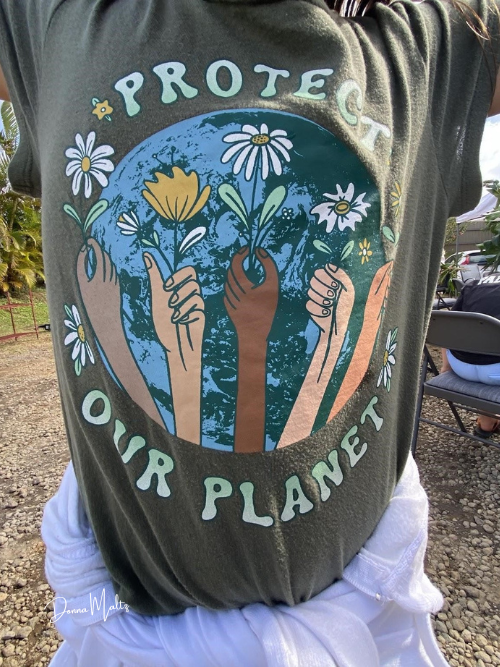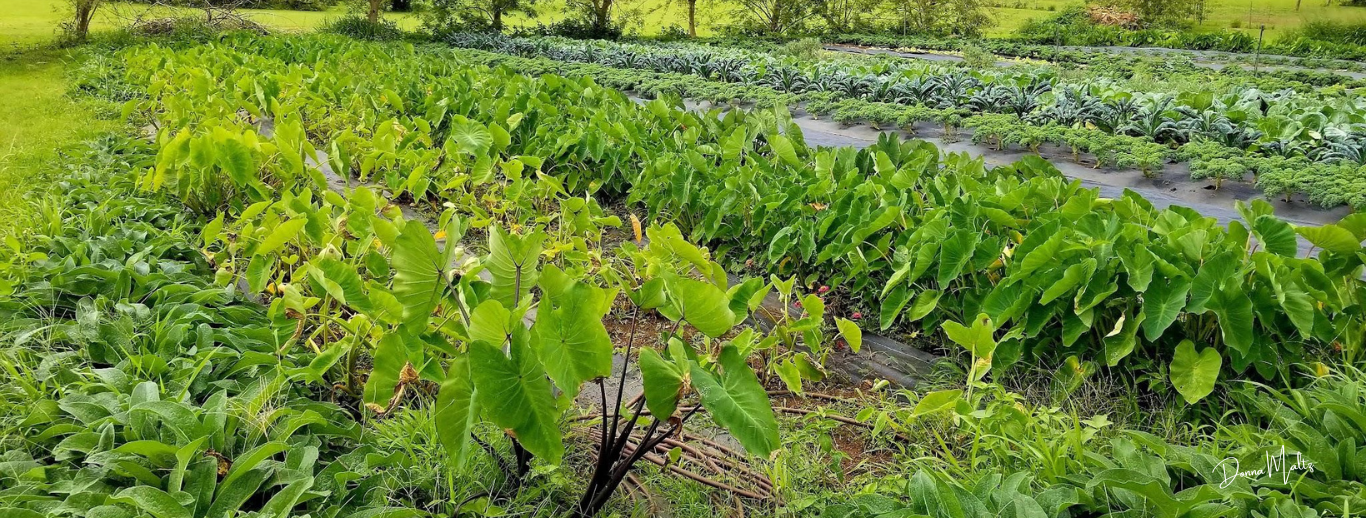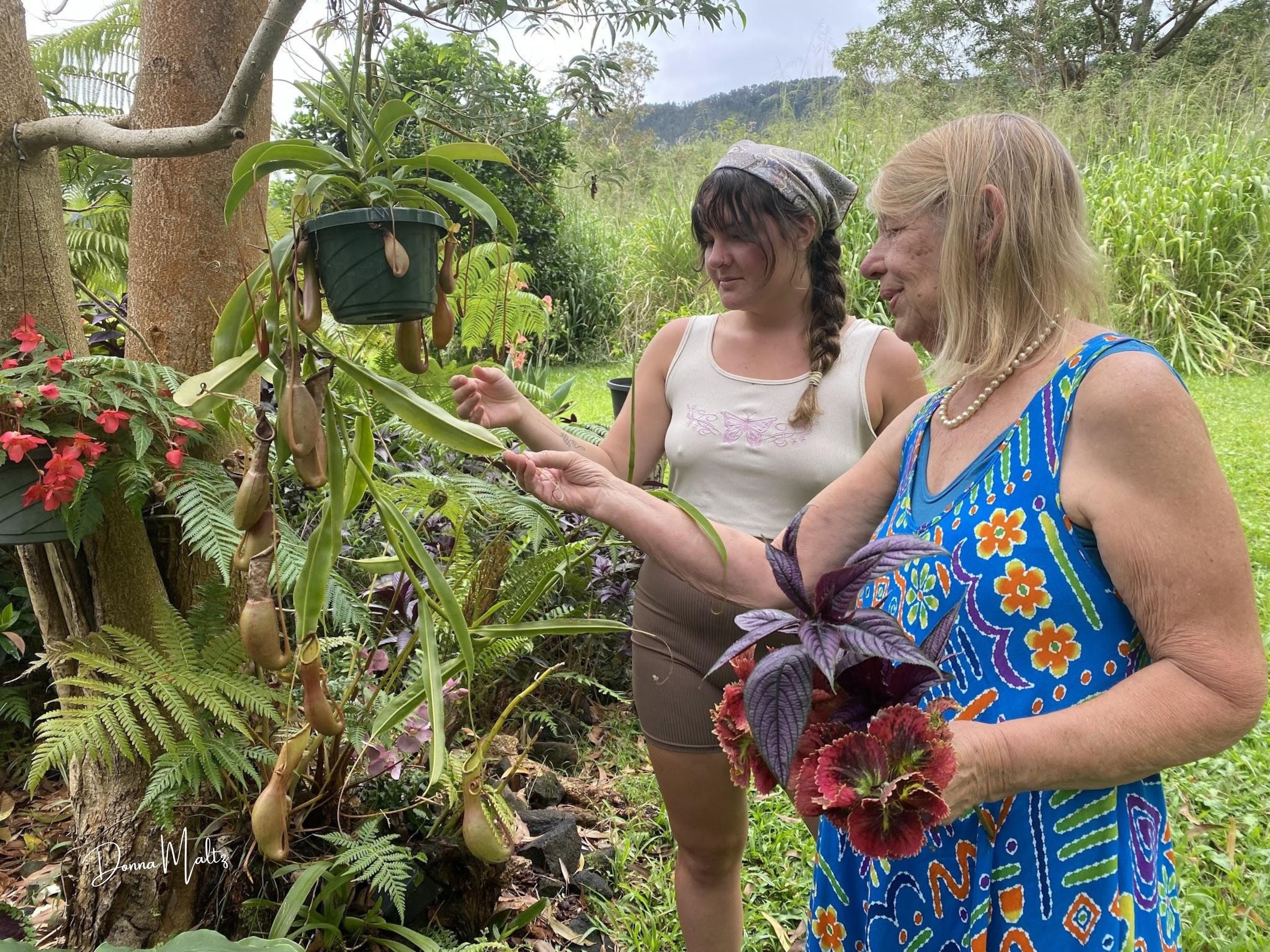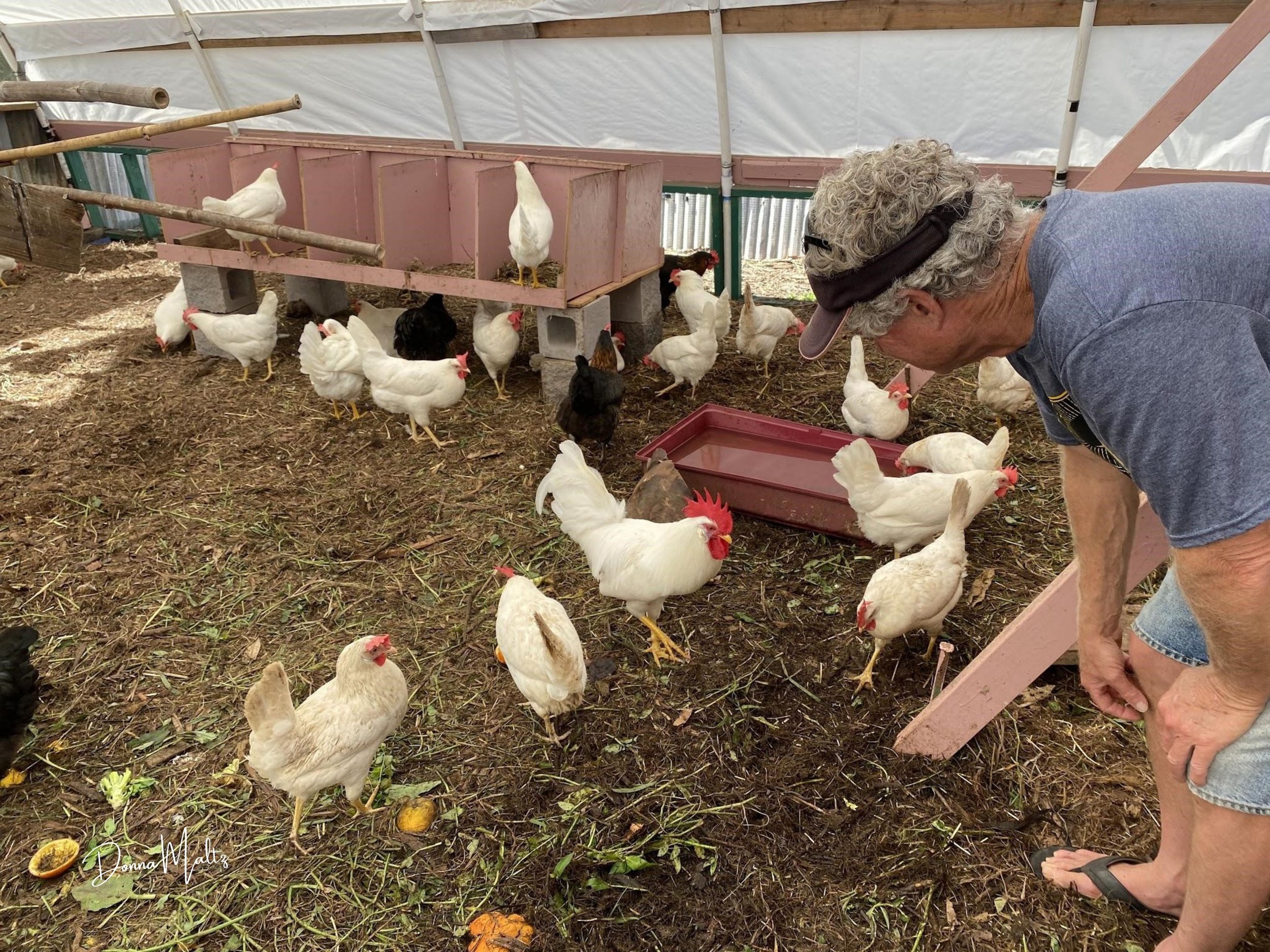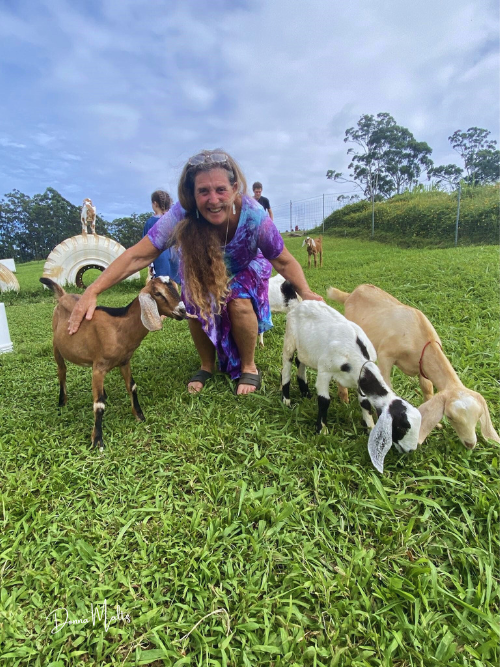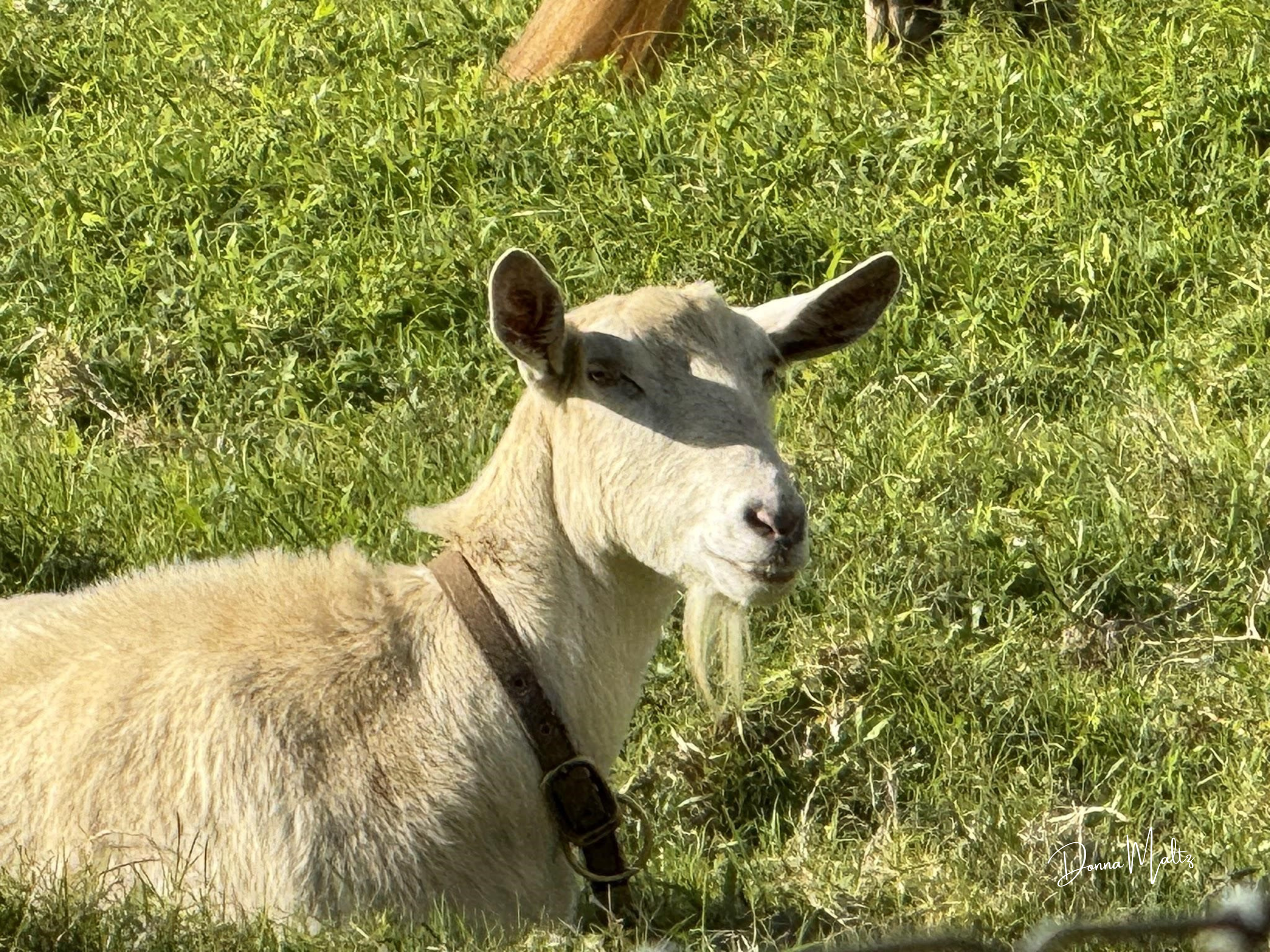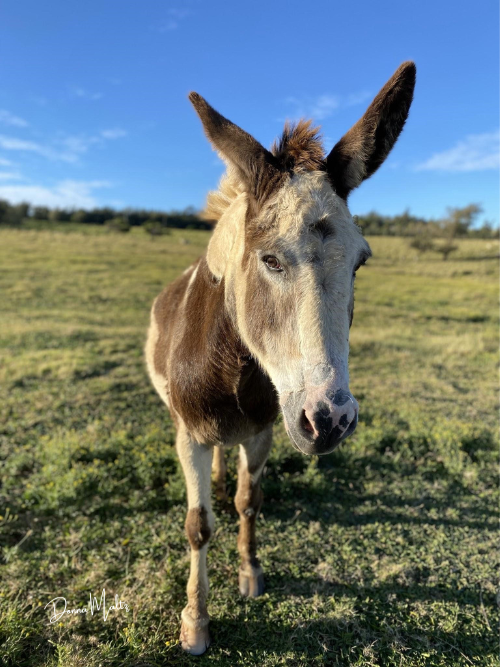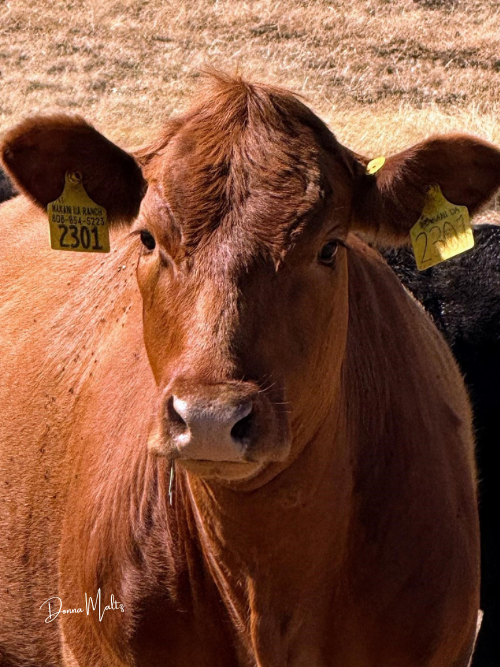Soil Health and the Transformative Process of Composting
Hey there, fellow Earth enthusiasts! Today, we're diving deep into the world beneath our feet and exploring the magical relationship between healthy soil and our gut microbiome. Yep, you heard me right – there's a fascinating connection between the soil we tread upon and the health of our guts.
The heartbeat of soil health lies in nature's bustling symphony, where life and death dance in an eternal cycle. It's a silent yet profound orchestra orchestrated by earthworms, decomposers, and the transformative process of composting. As we delve into the depths of this earthly alchemy, we uncover not just the vitality of our soil but also the profound parallels it holds with our inner journey.
Soil health is the bedrock of our existence, quite literally. It's the foundation upon which our food and, consequently, our health are built. Yet, in the modern hustle for productivity, the sanctity of soil often gets overshadowed. Chemical-laden farming practices strip the earth of its vitality, depleting essential nutrients and disrupting delicate ecosystems. The consequences ripple through our food chain, impacting not only the health of the soil but also our own well-being.
Simply put, dirt is DEAD soil.
First things first, let's talk about the difference between soil and dirt. Simply put, dirt is DEAD soil. Soil isn't just the stuff you scrape off your shoes after a hike – it's a living, breathing ecosystem teeming with microscopic life forms, organic matter, and minerals. Soil is like the ultimate multitasker – it supports plant life, filters water, regulates temperature, and stores carbon. In short, soil is the unsung hero of the natural world. It is a vibrant living ecosystem filled with nutrients and microorganisms, while dirt is just dirt. Think of soil as a bustling city and dirt as a deserted ghost town – one's full of life, while the other's just, well, meh.
But here's the kicker – soil doesn't just pop into existence overnight. No, sir, it takes a lot of time. Depending on factors like climate and environmental conditions, soil can take anywhere from a few years to a whopping century to fully develop. Kind of puts our impatience into perspective, doesn't it?
So, what's the big deal about healthy soil anyway? Healthy soil equals a healthy planet and a healthy you. When we work with the soil through gardening, farming, or just getting our hands “dirty,” we're nourishing the Earth and ourselves. You see, the microbes in healthy soil are pretty similar to the ones hanging out in our guts. They help break down nutrients, boost immune function, and even regulate mood – talk about a power duo!
And speaking of MVPs (Most Valuable Players)
Let's give a round of applause to earthworms, one of the unsung heroes of soil regeneration. Charles Darwin himself dubbed them the "tillers of the earth," and for good reason. These little wrigglers are like Nature's gardeners, aerating the soil, improving drainage, and recycling organic matter like nobody's business. These humble creatures toil tirelessly beneath the surface, enriching it with nutrients. Their symbiotic dance with microorganisms forms the cornerstone of composting, a natural process of recycling organic waste into nutrient-rich soil amendments. So next time you spot a worm wiggling around in your garden, give 'em a high-five – they've earned it!
POOP: The other unsung hero of composting is manure, or as some affectionately call it, poop. I know what you're thinking – "Ew, gross!" But hear me out because when it comes to nourishing the soil, there's nothing quite like a little dose of good ol' fashioned poop. Manure is like nature's fertilizer, packed with essential nutrients like nitrogen, phosphorus, and potassium that plants crave. Plus, it's chock-full of beneficial microbes that help break down organic matter and improve soil structure. So, next time you're cleaning out the chicken coop or scooping up after your four-legged friends, don't toss that poop in the trash – toss it in the compost bin instead. Your garden will thank you for it!
Now, let's talk about Composting
The ultimate way to give back to the soil and reduce waste in one fell swoop. Composting is like Nature's recycling program. When you take your food scraps, yard waste, and the right combination of other organic goodies, toss 'em in a pile, and let Mother Nature work her magic, you are creating a healthy soil amendment. Before you know it, you've got nutrient-rich compost that's like gold for your garden.
Composting isn't just about recycling waste; it's a metaphor for transformation. In the compost pile, decay gives birth to life. It's a tangible reminder of the beauty that exists between death and regeneration. Similarly, in our own lives, the process of introspection and letting go can lead to profound growth. Just as compost matures into fertile soil, our struggles and challenges can nurture resilience and wisdom.
In the compost heap, decay is not an end but a beginning. It's a testament to the cyclical Nature of existence, where every ending births new possibilities. The same holds true for us. In embracing life's inevitable transitions, we find the beauty in impermanence. Just as compost nourishes the earth, our journey of self-discovery and growth enriches the soul.
In essence, composting isn't merely a practice; it's a philosophy—a reminder of our interconnectedness with the earth and the transformative power of renewal. As we tend to the soil, we nourish the land and our spirits, cultivating a deeper understanding of life's eternal dance. So, let's embrace the wisdom of composting, both in our gardens and in our hearts, and witness the magic of transformation unfold.
But here's the best part – anyone can get in on the composting action! Whether you're a city dweller with a tiny balcony or a suburbanite with a sprawling backyard, there's a composting solution for you. And why not team up with your community to set up a composting system? There are plenty of examples out there of communities coming together to turn trash into treasure and create a greener, healthier world for us all.
So, what are you waiting for? Let's roll up our sleeves, dig in the soil, and show some love to Mother Earth that sustains us. Whether it's composting, gardening, or simply spreading the word, each of us has the power to make a difference. So let's get out there and be the change-makers our planet needs–one handful of soil at a time!
Here’s a list highlighting communities and businesses that have implemented successful composting systems:
San Francisco, California: Pioneered city-wide composting programs, diverting food waste from landfills and turning it into nutrient-rich compost.
Portland, Oregon: This city offers curbside composting services to residents, making it easy to dispose of food scraps and yard waste responsibly.
Boulder, Colorado: This city runs a community composting program where residents can drop off their food scraps at designated locations.
Seattle, Washington: Provides composting bins to residents and businesses to reduce waste and promote sustainable living.
Whole Foods Market: Implements composting programs in many of its stores, diverting food waste from landfills and using it to enrich soil for local farms and gardens.
Starbucks: Implements composting programs in select locations, composting coffee grounds, and food waste to reduce environmental impact.
The University of California, Davis: Operates a large-scale composting facility, composting food waste from dining halls and campus events to create compost for landscaping and agricultural use.
BioCycle: Offers composting solutions for businesses, municipalities, and institutions, helping them implement efficient composting systems and reduce waste.These are just a few examples of communities and businesses leading the way in composting initiatives, showing that composting is a viable and effective solution for reducing waste and nourishing the soil.

